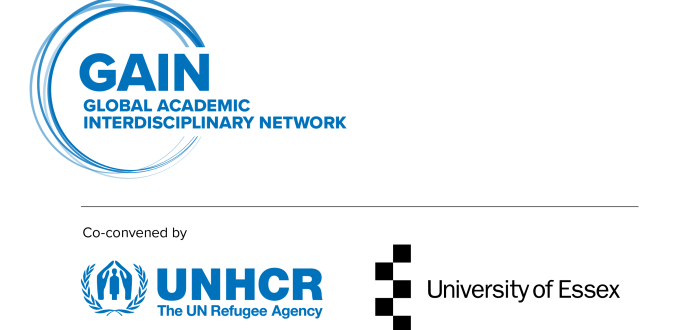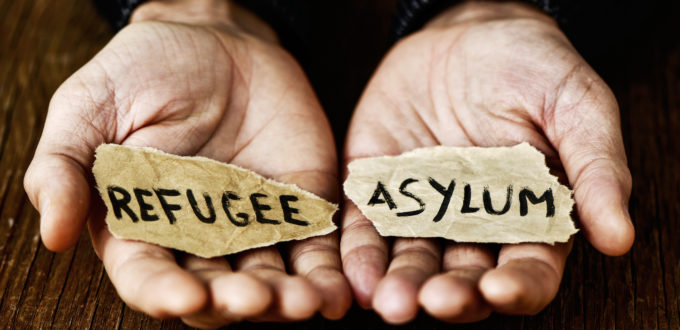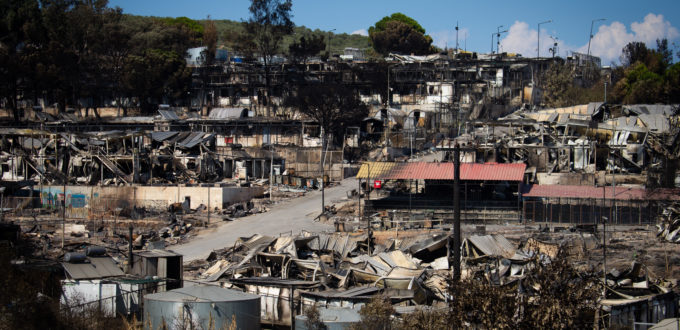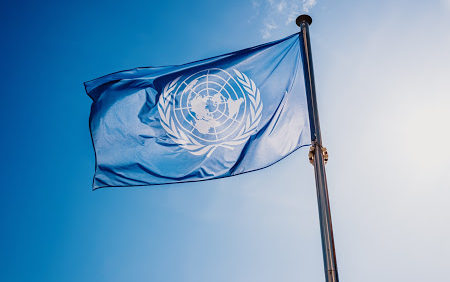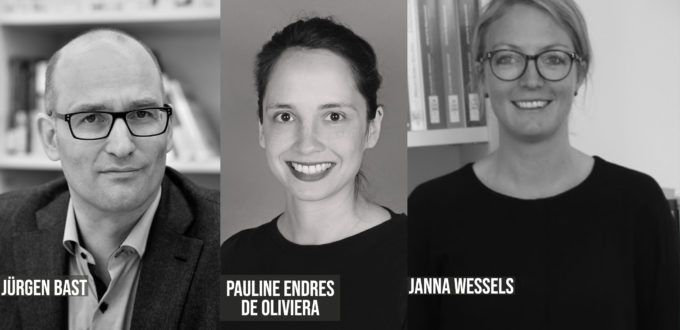As Professor Elspeth Guild and I discuss in a recently published PROTECT Policy Brief, in both international refugee law and in EU law, people fleeing punishment or persecution for seeking to avoid conscription to fight in a conflict in which war crimes are taking place are entitled to seek and enjoy protection as a refugee. […]
PROTECT AS PART OF THE UNHCR GAIN-NETWORK
PROTECT’s project leader, Hakan G. Sicakkan has initiated the University of Bergen’s partnership with the UNHCR – the UN Refugee Agency and membership in the GAIN-network during the first Global Refugee Forum in 2019, when the network was launched. The Global Academic Interdisciplinary Network (GAIN) was established by the Global Compact on Refugees, affirmed in […]
Recordings and policy recommendations available from the Inclusive Europe Policy Roundtable
The policy roundtable, based on findings from ten H2020 projects, looked at “Migrations and migrants in the EU: changing narratives – modifying practices – influencing policies”. The recordings from #InclusiveEurope2022 are now available on YouTube. Visit our channel to watch them. Otherwise, you can find the main proceedings of the roundtable summarized in the following […]
Safe Passage for Afghans? The EU’s response towards Afghans at risk in light of the Global Compacts
The EU’s (lack of) response to the situation in Afghanistan The EU’s most recent response to the situation in Afghanistan consisted of a “High-Level Forum on providing protection to Afghans at risk,” hosted by the European Commission on 7 October 2021. Judging from the press briefing given by EU Commissioner for Home Affairs Ylva Johansson […]
EU puts ‘Dublin to bed’ and launches New Pact on Migration and Asylum.
The overcrowded Moria camp has become an image of a failed collective effort to create cross-European solidarity for refugees and asylum seekers. On 23 September 2020 the European Commission launched their New Pact on Migration and Asylum aimed at replacing the heavily criticized Dublin Regulation. But what exactly is the ‘Dublin problem’ – and which solutions do the new pact hold? Four migration researchers offer their views below.
A Greek Tragedy in Moria: Asylum Seekers without Durable Solutions
Since the terrible fire at the Moria asylum unit on the Greek island of Lesvos on 8 September the world has been horrified not only by the scale of the disaster but the inadequacy of the response at the local, national, European, and international level. While asylum seekers, with no-where to go, sleep on the […]
The (lack of) EU Migration Policy on fire: What can be learned from the Moria disaster?
The striking images of the fires which devastated the largest migrant camp in Greece last week have circulated across media all over the world and astonished the public. About 13,000 people have lost their shelters, which have allowed them, although in a very uncomfortable way, to survive, far from war and violence. On 10 September, the day after the […]
Disaster Foretold: Refugees in Moria at risk after fires. What now, EU?
As much as the Greek state tries to present the fire and misery that unfolded as an unpredictable event and a state of emergency, this disaster was preventable, foreseeable and, therefore, foretold and avoidable. It is the outcome of a series of inadequate and patchy political decisions as well as the largely exclusionary, discriminatory and deterrent policies that have been implemented within and beyond the EU’s borders.
What now for the 1951 Convention?
From our perspective, the most important development which the Global Compact on Refugees constitutes as regards the 1951 Convention is the alignment of refugee rights with human rights. The GCR commitments link together refugee protection and human rights in a UN instrument which, while not legally binding, sets out the common will of the international community.
PROTECT partner presentations: The University of Giessen
Meet PROTECT’s team of legal scholars from the Justus Liebig University Giessen in Germany, led by one of Europe’s leading experts in migration law, Professor Jürgen Bast. Bast’s team explores the legal implications of the Global Compacts on Refugees and Migrants and how they as young soft-law instruments interact with pre-existing legal frameworks.


